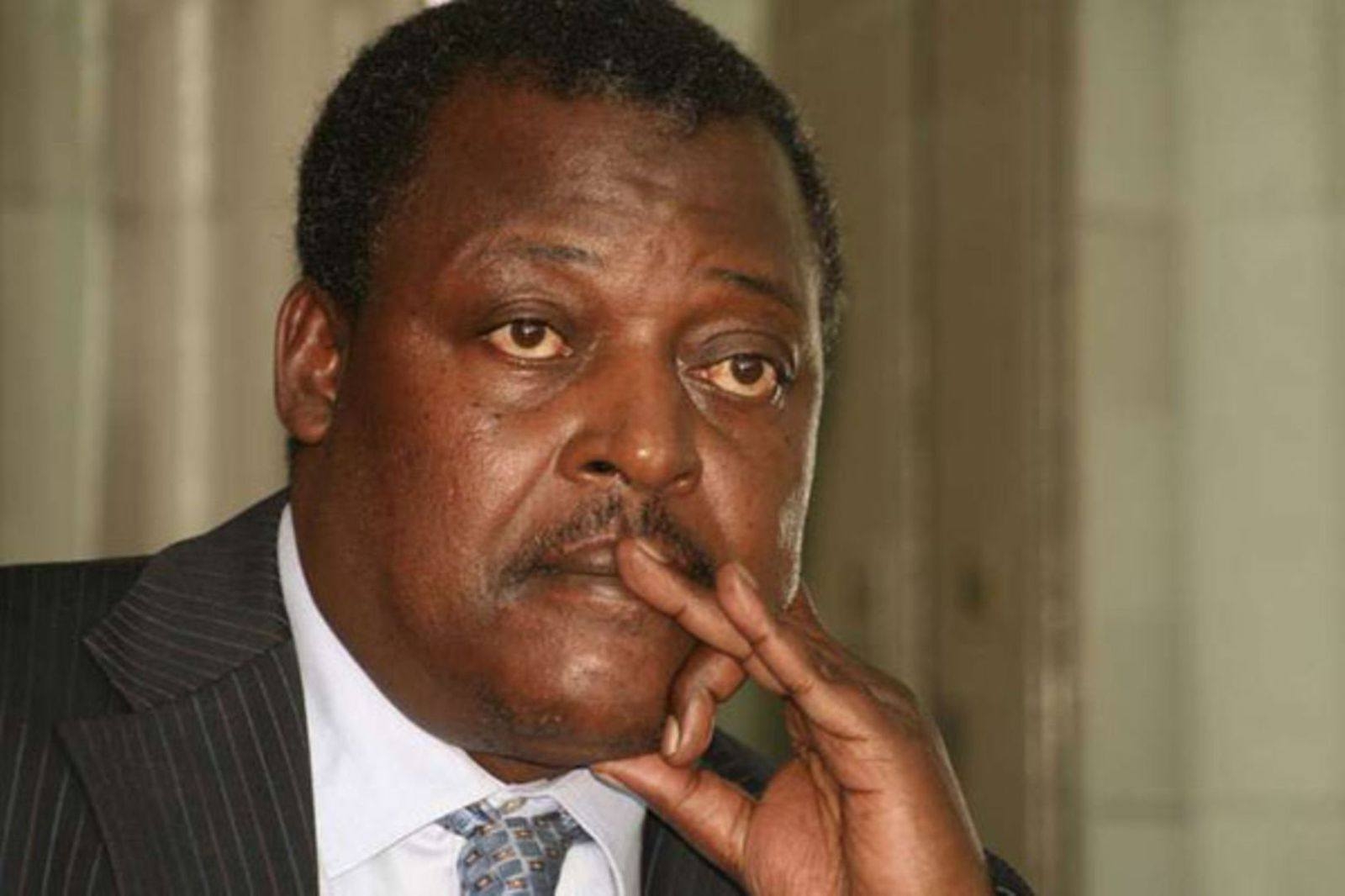President William Ruto’s radical and ambitious job
creation agenda was greatly boosted after a three-judge bench gave the Housing Levy the greenlight.
The bench ruled that the Housing Levy was properly
enacted and in accordance with the Constitution, dismissing six petitions challenging the Affordable Housing Act.
Justices Ogla Sewe, John Chigiti and Josephine Mong’are
ruled that the housing levy, at the rate of 1.5 per cent of the
employee’s total gross monthly salary, was properly enacted.
"It is clear that the National Assembly and the Senate focused on stakeholders for the public participation. It cannot be denied that the public participation took place," the three-judge bench said.
"It is our finding that the levy is properly in
place and in accordance with the Constitution."
Tuesday’s ruling was a major win by the President who
has previously insisted that his employment plan would be in disarray had the
courts outlawed the 1.5% monthly levy.
The court's move to validate the levy would also boost Ruto's attempts to steady the nation’s finances by raising
more revenue through affordable housing.
The Treasury collected Sh54.2 billion shillings from the levy between March and June 2024 and targeted raising Sh63.2 billion in the 12 months through June 2025.
The revenue will help plug the government's budget deficit as it seeks to cut down on borrowing.
The court last November declared that a mandatory 1.5 per cent levy imposed on employees and matched by their employers was “discriminatory and unfair” because it only applied to those with formal jobs.
It also found that the legal framework needed to institute the tax hadn’t been put in place.
In January, the Kenyan Court of Appeal concluded that
the levy was also introduced without a proper legal framework, affirming the
High Court ruling which ruled that the Finance Act 2023 was unconstitutional.
The government then went back to Parliament and enacted
the Affordable Housing Act and approved regulations for the administration of
the fund.
Elected on an ambitious plan to create jobs, President
Ruto this week said his employment plan was bearing fruits, two years after assuming
office.
“The Affordable Housing Program has created over
160,000 jobs. While the industry is still largely male-dominated, we are
working to increase female participation from the current 20 per cent to 30 per cent,’’ President
Ruto said during Mashujaa Day celebrations in Kwale County.
The government has been filling the heat of joblessness that was manifested by massive protests that rocked the country at the height of the anti-government protests in June.
Thousands of youths took to the streets calling for a reduction in taxes and job creation.
After he faced criticism from the opposition last
year, President Ruto vowed that the housing plan would continue no matter what,
insisting that it was the surest way to create jobs.
"I am telling you this time round I am implementing it and I am so determined because we must do it. Korea did it, Singapore, Malaysia and that is why they are ahead of us," Ruto said in December 2023.
Addressing the Kenya Diaspora Investments Conference at KICC, President Ruto chided the opposition for opposing the initiative yet it was in their Azimio la Umoja One Kenya coalition manifesto.
"This beautiful project was in the manifesto of
Kenya Kwanza. The same housing project, complete with percentages of the levy
was also in the Azimio manifesto," he noted.
Critics had argued that the outlawing of the housing levy would have hurt the president's agenda to create jobs and raise funds to finance government operations.
The state had projected that by June 2024 it would
build at least 250,000 affordable houses and create one million jobs.
The government had said that the affordable housing programme would create a ripple effect across various sectors that would spur the economy.
For instance, the construction sites would see a huge
demand for artisans working in the informal sector to supply grills, windows
and doors.
Housing and Urban Development Principal Secretary
Charles Hinga says that Kenyan artisans are being involved in affordable
housing projects.
"In terms of job creation, embarking on this project has stimulated economic recovery at a local level," he said.
Hinga said that in a project where they have built about 20,000 homes, they have created about 100,000 doors at a current estimated value of Sh1.5 billion.
According to the Housing Ministry, at least 124,000 units are currently being built under the affordable housing programme.
The Ministry, which oversees the programme, said the units are spread over 40 counties.
“This effort has generated an impressive 206,000 jobs, giving a much-needed boost to the country’s economy. Further, the initiative has led to a 40 per cent increase in mortgage refinancing, making homeownership more attainable for many Kenyans,” the ministry said.
A housing unit refers to a room or group of rooms occupied as one living quarter, in a block of apartment.
Government
spokesman Isaac Mwaura said 64,211 units under the Affordable Housing Programme
had been booked by September 5, with 539,623 Kenyans saving more than Sh2.2
billion.
President Ruto had been launching housing projects across the country saying they would creae jobs for the informal sector including artisans.













